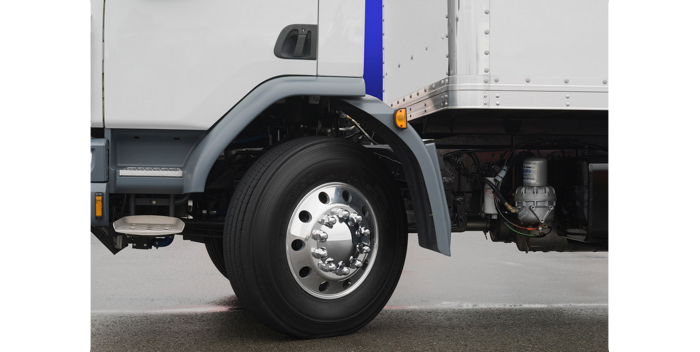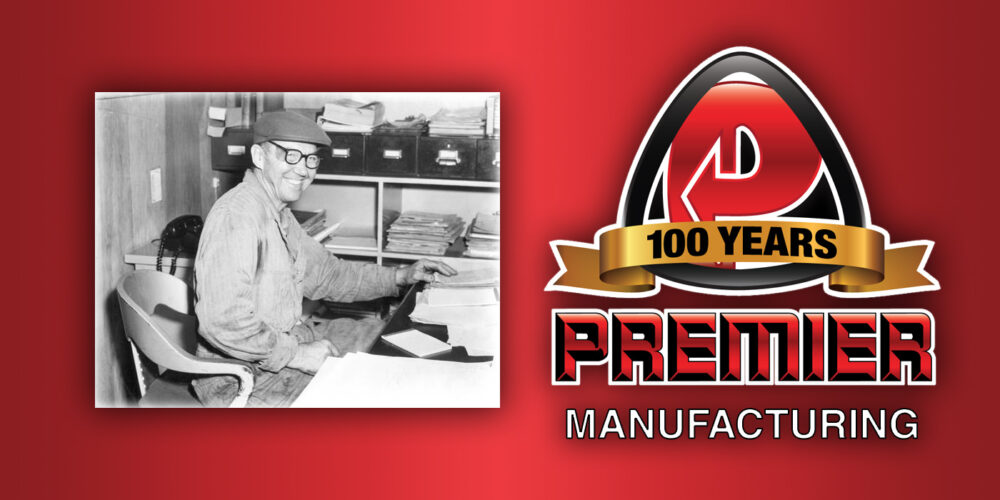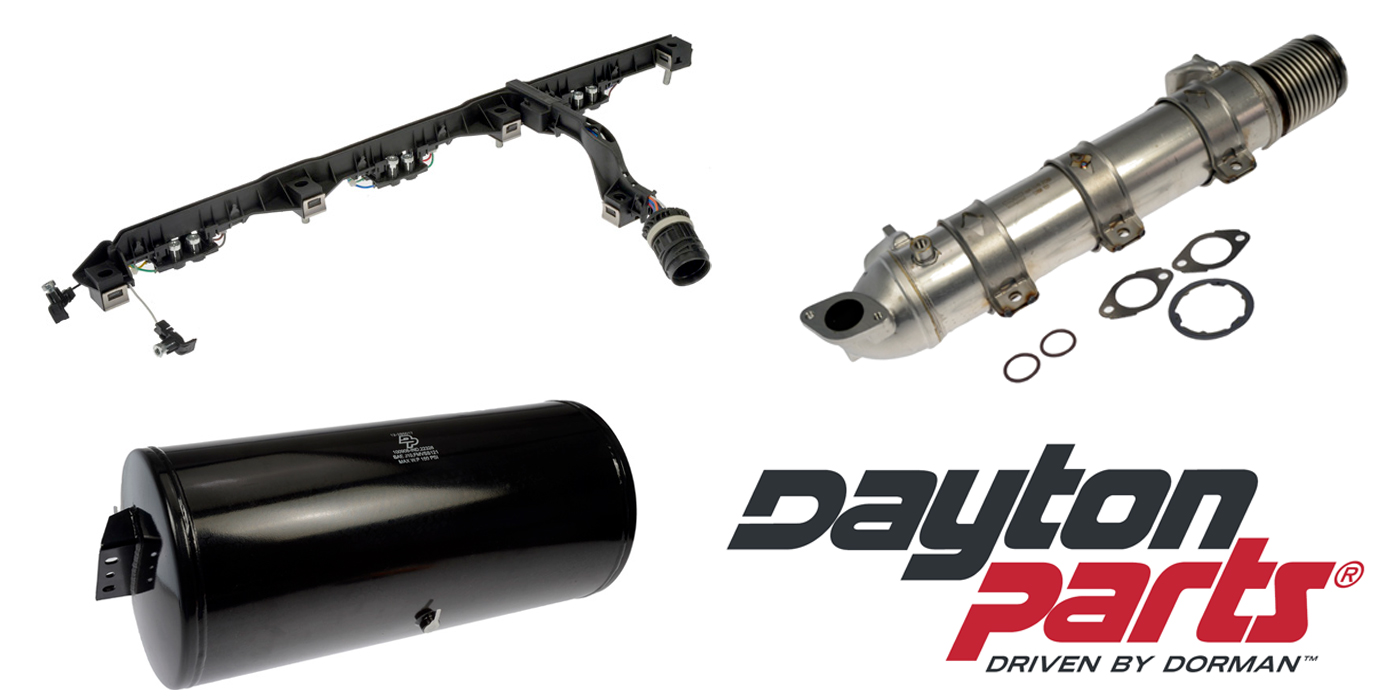Taking care of tires is a fleet manager’s top priority. It’s where the rubber meets the road; the costs hit the bottom line. From tire benchmarking to data analysis to management action, crafting a complete tire management program for your tires can be the difference between profitability and dealing with costly tire headaches.
“An effective tire policy must address the four key elements that contribute to the extended life of any tire: air pressure; rotation; mechanical/alignment maintenance of the vehicle; and speed,” said Patrick Gunn, director of sales and marketing, commercial tires for Giti Tire (USA) Ltd., which sells and markets GT Radial commercial tires in North America. “While maintaining the proper overall maintenance of steer and drive tires is relatively straightforward and achievable, the overall maintenance of a trailer tire is a more challenging undertaking. Since trailers are frequently rotated between deliveries, trailer tire maintenance is one the poorest among the types of tires used by the typical fleet.”
Knowing how tires perform and having actual data is invaluable to making good decisions on tires; so having a good system to document tire maintenance and performance information can help fleets reduce tire costs.
“A good tire management program includes tracking, analysis, preventive maintenance and more. One way to keep track of tire costs is to use a worksheet like TMC’s Recommended Practice (RP 208D) ‘Tire Cost Determination’,” recommended Gary Schroeder, director of commercial vehicle and OEM sales for Cooper Tire. “On a monthly basis, all tire related expenses from new tire and retread costs, to repair and road call costs, should be recorded. From those expenses, credits should be subtracted from things like warranty and discounts; then, net costs are divided by the total tire miles for the fleet to come up with a monthly tire cost-per-mile. By maintaining these records, fleets are able to better understand their tire expenses.”
There is no shortage of tire data points to take into consideration when you’re benchmarking your tire performance. At a minimum, fleet managers should identify the average miles that can be expected on each wheel position and application within the fleet, explained Matt Loos, director TBR marketing for Bridgestone Commercial. This allows a fleet manager to identify areas of opportunity for improvement and create a set of best practices. It also helps with budgeting and fleet cost predictions.
Here’s a quick rundown of other data points our tire experts recommended analyzing:
• Established pressure data;
• Average miles expected;
• Loads carried by vehicles;
• Miles achieved from original treads;
• Miles achieved from retreads;
• Number of retreads from original casing;
• Frequency of tire inspections;
• Removal timelines for retreads, as well as the number of retreads expected;
• Expected life of the tire casing within the fleet; and
• Inspection of failed or end-of-life tires.
(Click “Next Page” to continue reading the story.)













